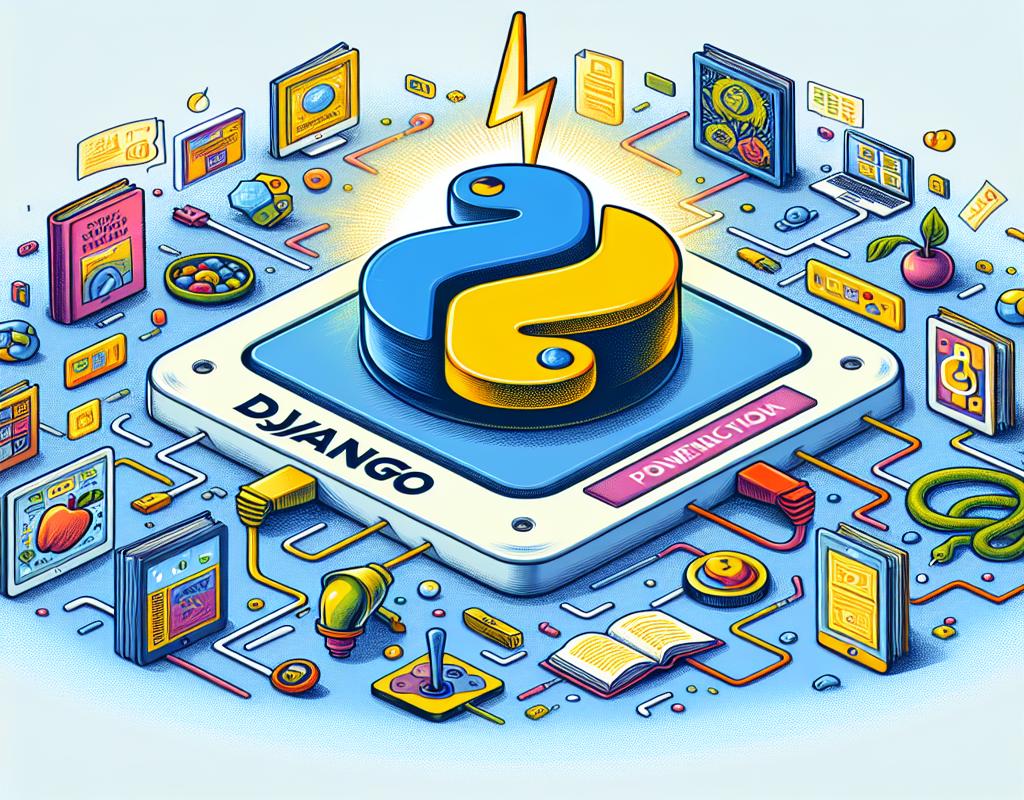
How Django Can Power Scalable and Engaging E-Learning Platforms
Scalability
One of the key advantages of using Django for e-learning platforms is its scalability. Django's architecture is built to handle large amounts of traffic and data, making it suitable for platforms with a growing user base. With Django's object-relational mapping (ORM) system, developers can easily manage complex data relationships and optimize database queries for improved performance. Additionally, Django's built-in caching mechanisms help reduce server load and speed up response times, ensuring a smooth user experience even during peak traffic periods.
Customizability
Django's flexibility and extensibility allow developers to create highly customized e-learning platforms tailored to specific requirements. Django's modular design enables the integration of third-party apps and libraries, enabling developers to add new features and functionalities easily. Whether it's adding gamification elements, integrating multimedia content, or implementing advanced user analytics, Django provides the tools and resources to create a unique and engaging learning experience for users.
Security
Security is paramount in e-learning platforms, especially when handling sensitive user data and personal information. Django includes built-in security features such as protection against common web vulnerabilities like SQL injection, XSS attacks, and CSRF protection. Furthermore, Django's authentication and authorization mechanisms ensure that user data is securely managed and accessed only by authorized individuals. By following Django's best practices for security, developers can build secure e-learning platforms that instill trust and confidence among users.
User Engagement
Keeping learners engaged is essential for the success of any e-learning platform. Django offers various features to enhance user engagement, such as real-time communication tools, interactive quizzes, discussion forums, and personalized content recommendations. By leveraging Django's support for web sockets and asynchronous tasks, developers can create interactive and collaborative learning environments that foster active participation and knowledge sharing among users. Additionally, Django's support for responsive web design ensures that e-learning platforms can deliver a seamless experience across devices, enabling learners to access content anytime, anywhere.


In conclusion, Django is a powerful framework that can power scalable and engaging e-learning platforms. Its scalability, customizability, security features, and user engagement capabilities make it an ideal choice for building dynamic and interactive online learning environments. Whether you are developing a corporate training portal, a MOOC platform, or a personalized tutoring service, Django provides the tools and resources to create robust and feature-rich e-learning platforms that meet the needs of modern learners. By harnessing the capabilities of Django, developers can deliver exceptional online learning experiences that inspire and empower learners to achieve their educational goals.


05 Comments